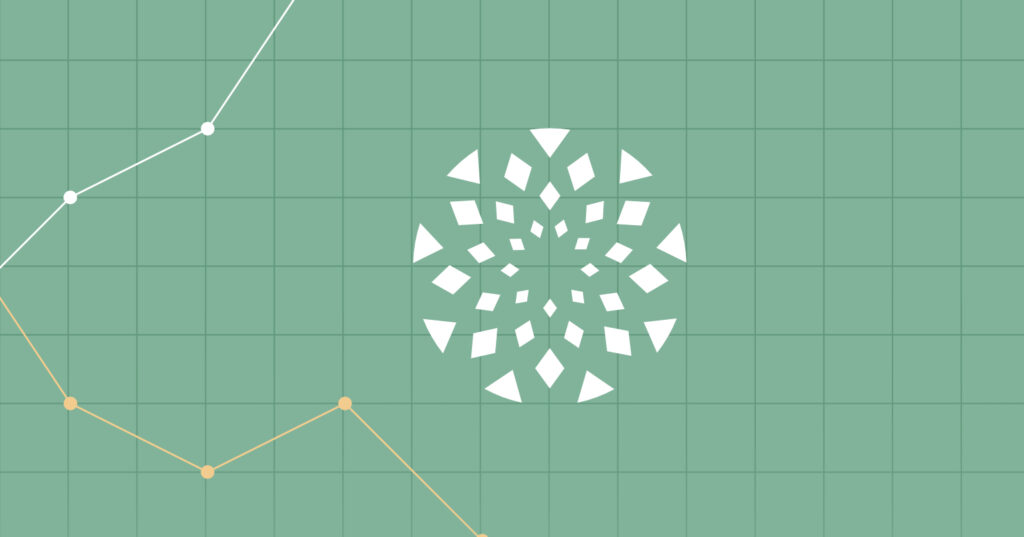Study: Women Report Abortion Drug as More Difficult Choice Than Abortion Pill Reversal

FOR IMMEDIATE RELEASE: January 17, 2024
Contact: [email protected]
Women experience high degree of internal turmoil, regret upon taking mifepristone
Washington, D.C. – Women described how different people and messages impacted their decision to seek abortion and the abortion reversal pill (APR). The study’s findings show that their decision to use abortion drugs was more difficult than their decision to pursue Abortion Pill Reversal (APR) by taking supplemental progesterone, according to the recent peer-reviewed study of survey results by the Charlotte Lozier Institute (CLI).
The study, conducted by CLI associate scholar Katherine Rafferty and CLI senior research associate Tessa Longbons, surveyed 36 women who contacted a national hotline for information on APR and completed a two-week treatment protocol with progesterone. Each woman in this study sought APR within 72 hours after taking mifepristone, and 21 of the 36 women contacted an organization to seek APR less than 12 hours after taking mifepristone. The analysis, published in Cureus, is the first of its kind to assess the influence that partners, family and people whom women are closest with have in their decision-making to start an abortion and then immediately seek APR after taking mifepristone.
For decades, progesterone has been safely used in pregnancy, including to treat recurrent miscarriage and in infertility treatments. Progesterone has also been used to treat women who wish to reverse their abortions for over a decade, with studies confirming its safety and efficacy.
Other findings from the CLI study:
- Most of the women surveyed mentioned talking about their decision to take mifepristone with someone else, demonstrating the decision was not made in isolation but, rather, shaped by the memorable messages and opinions of other people.
- The APR decision was influenced by online messages that women independently sought out from web searches after taking mifepristone. Because the APR regimen must begin within 72 hours of taking mifepristone, this quick change of heart indicates women may not have been fully informed or confident in their initial decision to seek abortion.
- While some women are sure of their abortion decisions and don’t experience prolonged regret, this study points to an existing subset of women who experience a high degree of internal turmoil and immediate regret upon taking mifepristone.
One of the women surveyed said, “I was pressured into abortion by my ex and his sister, and the provider gave it to me on the spot without time to think. I always wanted to keep her.”
Conversely, another woman said this of her APR decision, “I chose to do this because I felt I couldn’t live with the decision I had just made…I felt empty inside. I felt I was going to be depressed because of this choice.”
Longbons added, “Despite increases in women choosing to take mifepristone and then APR, very little research has been done on this group of women. However, these women are very real, and the survey results show that they spontaneously seek out APR after regretting the decision to take mifepristone. More research is needed on women’s unique situations and whether their needs are being met.”
This study is a follow up to a previous study by Rafferty and Longbons that scored women’s communication with APR and abortion providers. Women reported their communication with their APR providers as significantly better than with their abortion providers, emphasizing the importance of quality patient-physician interactions to provide effective medical care to pregnant women.
Charlotte Lozier Institute was launched in 2011 as the education and research arm of Susan B. Anthony Pro-Life America. CLI is a hub for research and public policy analysis on some of the most pressing issues facing the United States and nations around the world. The Institute is named for a feminist physician known for her commitment to the sanctity of human life and equal career and educational opportunities for women.
###




























